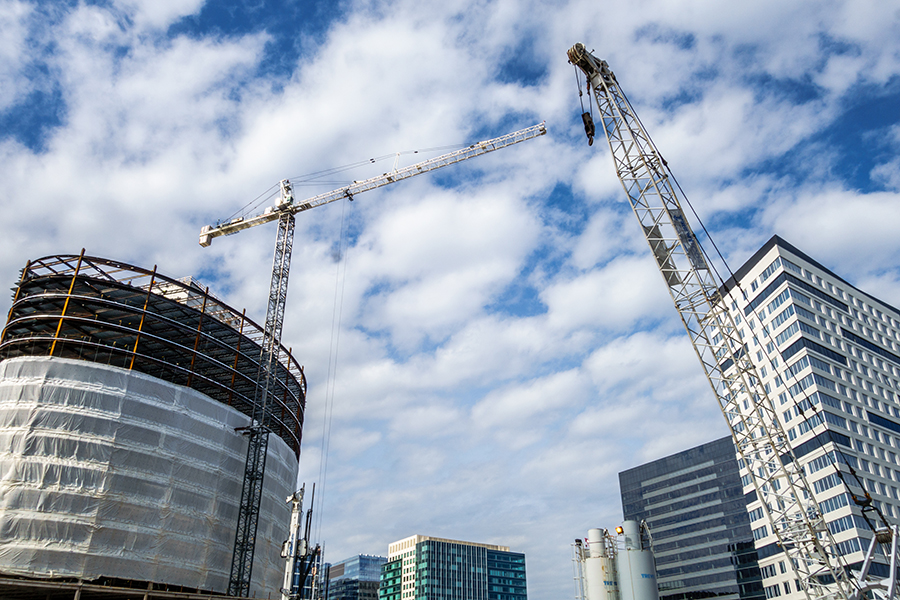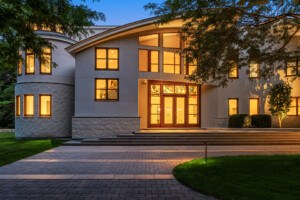A Report Says Boston Is Leading the Country in Building New Homes
But the efforts aren't helping the market just yet.

Photo via iStock/HABesen
In a report released this week, real estate site Trulia ranked Boston as the top third city leading the country in homebuilding, beat only by San Francisco and Austin.
Boston racked up more than 8,000 building permits in 2017, which is well over totals in years past. To identify the top-performing metros, Trulia compared each city’s homebuilding rates to their historical averages, based on the number of building permits issued between 1980 and 2017.
San Francisco, for example, issued 6,270 permits last year. But according to the report, that number is about 94 percent above its historical average, putting San Francisco—the most expensive place to live in the country—as the number one U.S. city for homebuilding.
What’s the big deal? Per the report:
Homebuilding rates matter because newly built homes are a source of new home inventory as well as construction jobs. They also help increase existing inventory through a chain-reaction effect: buyers of new homes often sell their existing one, which frees up a home for someone else, who in turn decides to buy it and sell their home, which then becomes a home for a first-time homebuyer.
Sounds good, right? Unfortunately, it’s not as beneficial for a city in the grips of a housing crisis. The new homebuilding hasn’t helped Boston’s market just yet.
“With pent up demand from underproduction since the housing crisis and current demand being buoyed by a strong economy and low unemployment, the latest bump in homebuilding in Boston is unlikely to impact overall inventory or prices,” says Cheryl Young, a senior economist with Trulia.
According to the report, Boston ended the year with 8,422 housing permits, or 72.4 percent above its historical average of 4,885. “But inventory and price issues run deep,” says Young, explaining Boston’s total inventory has decreased about 74 percent over the past five years, since homebuilding has not kept up with demand. In that same five-year period, median home prices have increased by nearly 40 percent. If anything, the new homes built in 2017 will help keep prices from inflating, rather than lower them.
Plus, the report notes that many of the building permits issued in markets like Boston are multifamily permits, which lead to new rental housing stock. That means this new inventory could ease rent prices in Boston instead of home prices.


